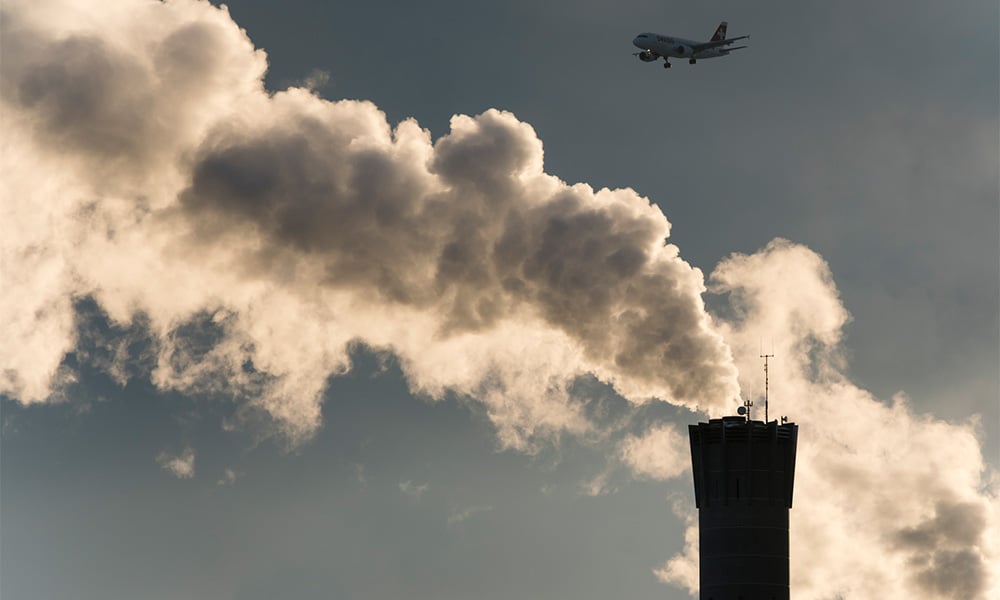Biggest greenhouse gas emitters should pay their fair share of tax, says Canadians for Tax Fairness

The new climate action measures announced by the federal government on Dec. 11 are welcome, but should be supported by bold actions on climate change and progressive tax reforms, Canadians for Tax Fairness has said.
In December the federal government released a report and announced its plans to annually increase carbon tax by $15 per tonne of greenhouse gas emissions beginning in 2023. The tax of $30 per tonne in 2020 is thus expected to rise to $170 per tonne in 2030, which represents a 566-per-cent increase within a decade. These measures aim to curb greenhouse gas emissions and to address the problem of climate change.
Canadians for Tax Fairness acknowledged that carbon tax may act as a helpful tool to advance a shift to a cleaner and more sustainable economy. However, the federal government should make sure that the carbon tax stays progressive so that the wealthiest Canadians and the biggest emitters will pay their share, while Canadians with lower to mid-level incomes will be better off, said Toby Sanger, economist and director of Canadians for Tax Fairness, in the news release.
If the largest emitters pay their share, the federal government will have more funds to invest in green infrastructure, in expanded social programs and in measures to assist the public and the economy in recovering from the impacts of the public health crisis, Sanger said in the news release.
Canadians for Tax Fairness noted that around half of the country’s emissions are attributed to industry, which includes big polluters whose emissions are subjected to a less strict output-based cap-and-trade system rather than the carbon tax fuel charge.
“The federal government should convert its opaque cap and trade system for industry to a transparent carbon tax with border adjustments for exports and imports to ensure that Canadian industry isn’t at a disadvantage in relation to international competitors,” the organization stated in its news release.
The non-profit organization urged the federal government to abolish fossil fuel subsidies, to extend support so that affected workers and communities experience a just transition, and to ensure that the climate incentive payment to households will increase at the same rate as the carbon tax.
The federal government should make good on its commitment to allow automatic tax filing so that the most vulnerable households can receive these benefits, while provinces should offer more progressive rebate payments to households and should extend additional support to broader public sector employers to help them as they prepare for this transition, the organization said.










